.jpg)
Machine Learning has Helped Forecast Global Hotspots of Unrest and Revolution
HSE scientists Andrey Korotayev and Ilya Medvedev used machine learning (ML) to build an index of instability in the world. The new method made it possible to use a large number of variables and distribute them in non-standard fashion.
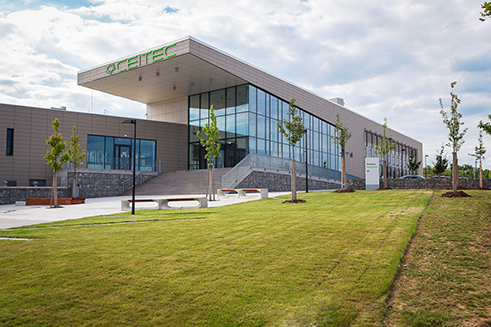
‘Recognition of Our Work Motivates Us to Continue Our Research’
A report by students of MIEM has won a prestigious prize at the 44th International Conference on Telecommunications and Signal Processing organized by Brno University of Technology in the Czech Republic. The project by the HSE students was named the best student work by the organizing committee.

Summer School on Machine Learning in Bioinformatics Held at HSE University
The second international Summer School on Machine Learning in Bioinformatics took place on August 23–27. This year’s school featured 533 participants from 53 countries.

International Data Analysis Olympiad IDAO-2021 Has Started
The registration period for the International Data Analysis Olympiad (IDAO-2021) is open until March 12. The qualifying round has already begun and will run until March 31. This year, the HSE Faculty of Computer Science and Yandex are holding the Olympiad for the fourth time. This year's Platinum Partner is Otkritie Bank. The Olympiad is organised by leading data analysts for their future colleagues—early career analysts and scientists.

‘Borders Between Countries Are Becoming Blurred Thanks to Online Communication’
Professor Oleg Melnikov is among the international professors invited to work remotely with HSE University’s students this academic year. He lives in California, runs the Data Science department at a company in Palo Alto, and teaches at Stanford and other universities in the United States. At HSE University he teaches a course on machine learning for the students of the Faculty of Computer Science and the International College of Economics and Finance (ICEF), as well as a university-wide optional course, ‘Machine Learning in Python’. He spoke about his work in an interview with the HSE News Service.
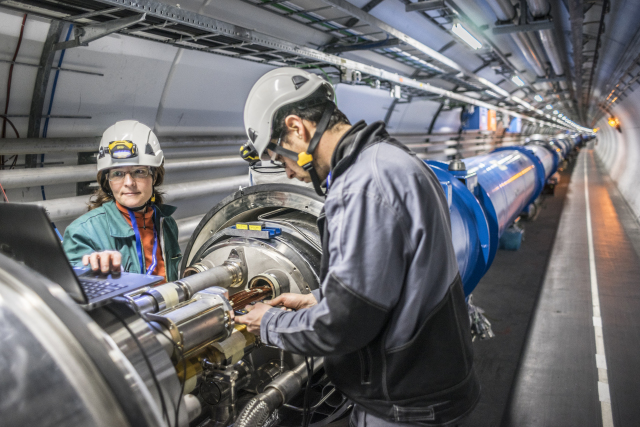
HSE Researcher Appointed Coordinator in Large Hadron Collider Experiment
Mikhail Guschin, Research Fellow at the HSE University Laboratory of Methods for Big Data Analysis of the Faculty of Computer Science, was appointed coordinator of the machine learning and statistics working group in the LHCb Large Hadron Collider experiment at CERN (the European Organization for Nuclear Research). He will be the only representative of a Russian University among the coordinators for the experiment’s working groups.
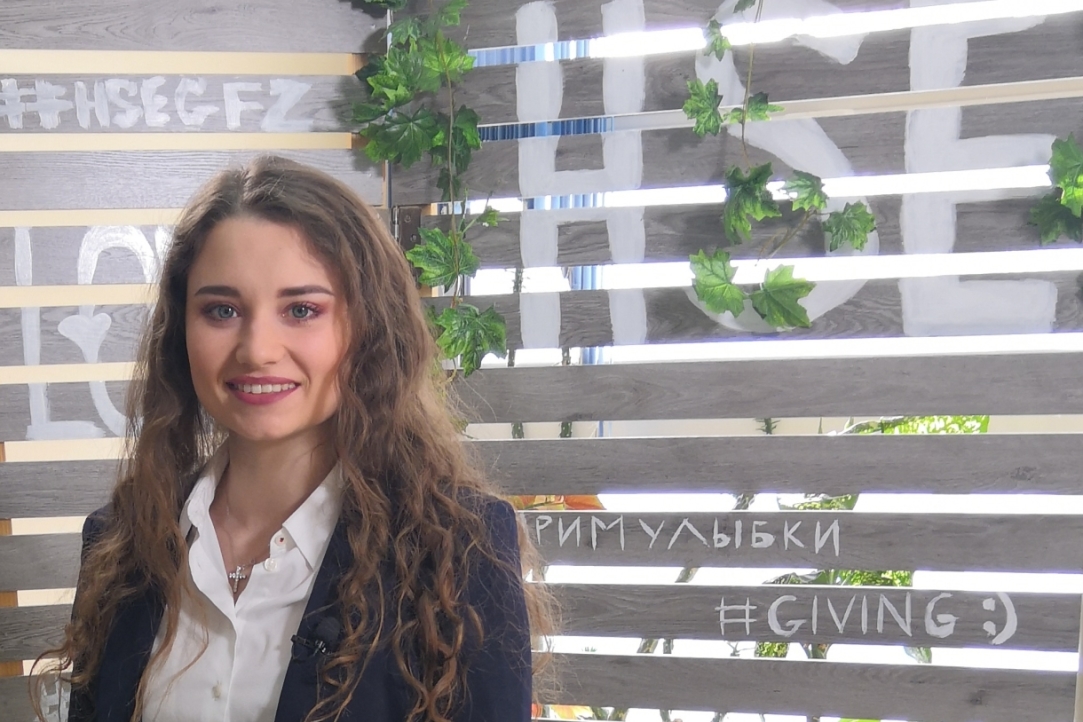
‘Data Mining Can Help Forecast the Pandemic Situation with an Accuracy Within 2.5%’
A mathematical model of Covid-19 spreading in Nizhny Novgorod Region, which has been created by the Big Data Laboratory at Nizhny Novgorod Development Strategy Project Office, has been widely discussed in the media and on social networks. The research was led by Anastasia Popova, a master’s student of HSE University in Nizhny Novgorod, repeat winner of machine learning competitions, and winner of Ilya Segalovich Award by Yandex. In the following interview given on April 15, Anastasia speaks about how the model was developed, the data it uses, and long-term potential applications.
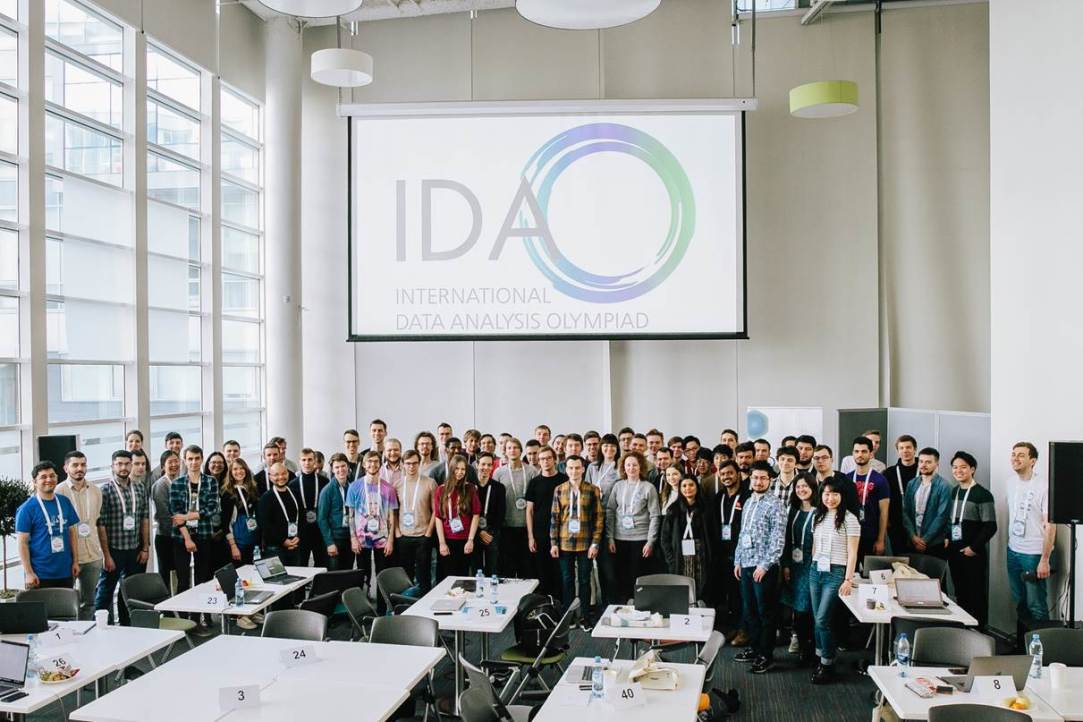
What You Can Do in Data Science: HSE University Invites Applications for IDAO 2020
The registration for the 3rd International Data Analysis Olympiad (IDAO 2020) organised jointly by the HSE Faculty of Computer Science and Yandex, is open until January 21, 2020. The international competition introduces young developers and analysts to current issues in Data Science.
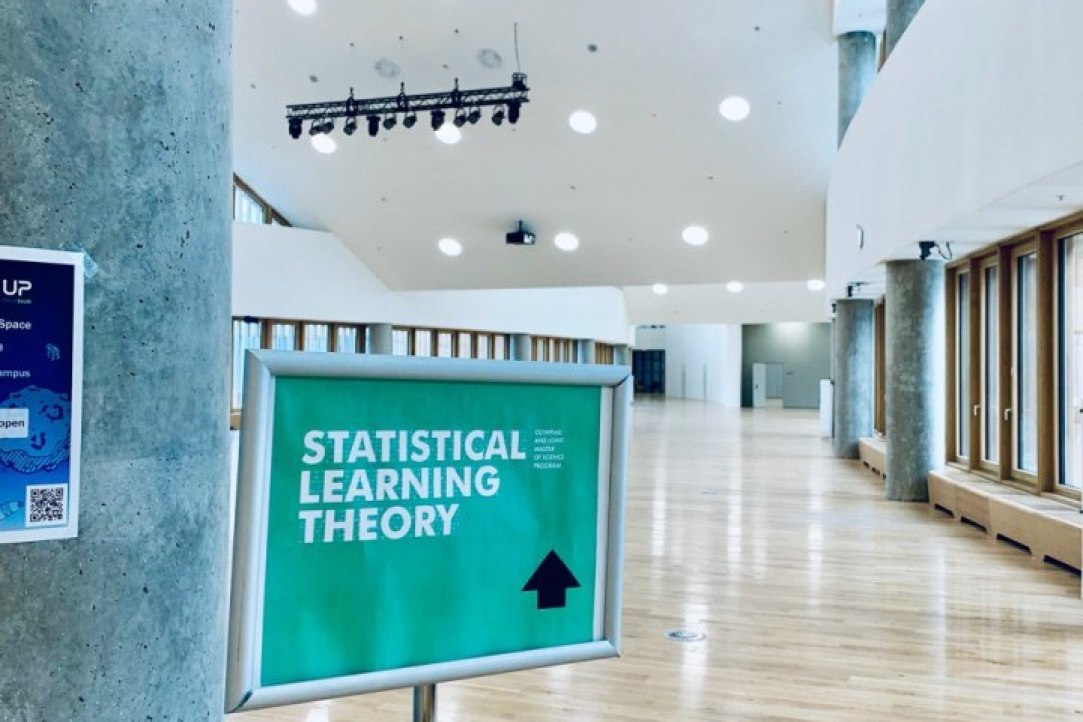
First Cohort Graduates from Master’s Programme in Statistical Learning Theory
The Master's Programme in Statistical Learning Theory was launched in 2017. It is run jointly with the Skolkovo Institute of Science and Technology (Skoltech). The programme trains future scientists to effectively carry out fundamental research and work on new challenging problems in statistical learning theory, one of the most promising fields of science. Yury Kemaev and Maxim Kaledin, from the first cohort of programme graduates, sat down with HSE News Service to talk about their studies and plans for the future.

DNA Secondary Structures Lead to Gene Mutations that Increase the Risk of Cancer
Researchers have used machine learning to discover that the two most widespread DNA structures — stem-loops and quadruplexes — cause genome mutations that lead to cancer. The results of the study were published in BMC Cancer.

